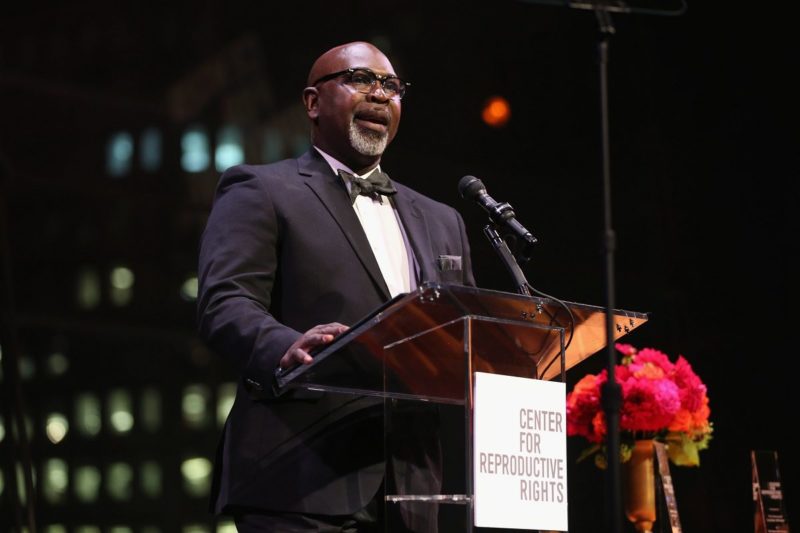‘Our Battles Don’t Change Based on Who Is in Power’: A Q&A With Dr. Willie Parker on Trump’s Cabinet
One Alabama doctor finds it hard to believe that the anti-choice Sessions will protect his rights as an abortion provider when the congressman becomes attorney general.

Dr. Willie Parker hails from Alabama, an accident of birth and geography that’s probably the only thing he shares with Republican Sen. Jeff Sessions, the man who has been selected to become the next attorney general of the United States.
Parker is arguably among the country’s best-known abortion providers, racking up airline miles flying in and out of states where clinics, abortion-providing doctors, and friendly legislatures are few and far between. His continuing work in Alabama has been featured in the documentary Trapped, which explored the arbitrary, unnecessary, and nitpicking regulations levied only against abortion clinics.
Meanwhile, Sessions—the legislator raised in the civil-rights cauldron of Selma—has been an ardent foe of abortion rights during his time as Alabama attorney general and in the U.S. Congress. He’s on the record as saying that Roe v. Wade was one of the most “colossally erroneous” U.S. Supreme Court decisions of all time. While in the Senate, Sessions earned a 100 percent “pro-life” voting record according to the anti-choice National Right to Life Committee, and his current cabinet nomination has received the enthusiastic endorsement from none other than longtime anti-abortion extremist group Operation Rescue.
Rewire talked to Dr. Parker via email about what having Sessions as the nation’s top lawyer means to him, how he’s weathering the Trump transition, and the changes the new administration will inevitably bring.
